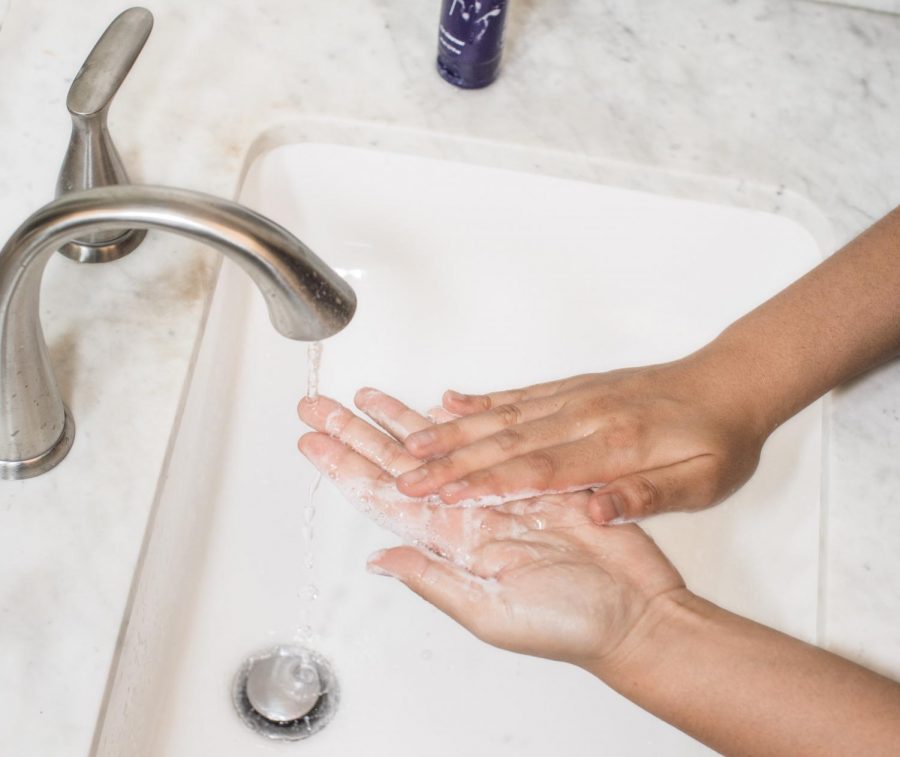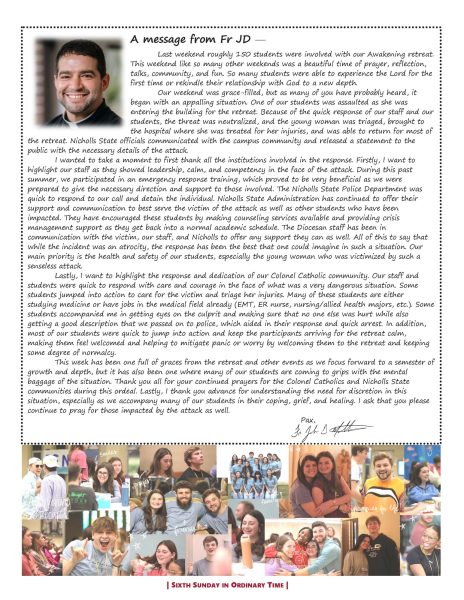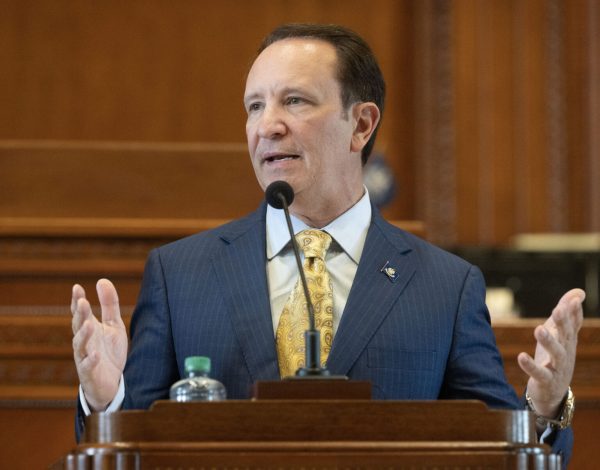How to stay safe from the coronavirus and how it differs from normal viruses
There are many steps people can take to protect themselves and others from COVID-19, as directed by campus officials and professionals in the medical field.
Because the virus spreads through personal contact, the best way to prevent it from spreading is to practice social distancing. This is why people are being advised to stay in their homes and avoid going out unless it is necessary.
If you must leave your home for any reason, it is recommended by the Centers for Disease Control and Prevention (CDC) that you keep at least six feet between yourself and any person with whom you are in close contact.
Regulations have been implemented that make contact much more difficult, with Gov. John Bel Edwards asking Louisiana residents to remain home unless carrying out a necessary task. This “stay at home order” is currently scheduled to be in effect until April 12.
When you do leave, it is essential to wash your hands for a recommended 20 seconds upon arriving back home.
If you do not have soap and water near you, use hand sanitizer with at least 60 percent alcohol.
While you are inside your house, clean and disinfect frequently touched household objects, such as doorknobs, countertops and light switches.
Avoid touching your face, especially if your hands are dirty or you have recently coughed or sneezed into them.
Though there are many procedures you can take to remain safe from the virus, the biggest one is to avoid being exposed to it at all. COVID-19, a particular strand of the coronavirus that arrived late last year, is deadlier than the common flu or other common viral infections.
Brian Clausen, the director of environmental health and safety at Nicholls State University, said that COVID-19 is a strain of the coronavirus that was previously unseen in humans.
“There are many types of human coronaviruses, including some that commonly cause mild upper-respiratory tract illnesses. COVID-19 is a new disease, caused by a novel (or new) coronavirus that has not previously been seen in humans,” Clausen said in a statement to the Nicholls Worth.
COVID-19 was caused by the 2019 novel coronavirus known as severe acute respiratory syndrome coronavirus 2 (SARS-CoV-2).
It is important that everyone follows guidelines from the CDC to prevent the spread of the virus.
“With COVID-19 cases continuing to rise in the United States, the Centers for Disease Control and Prevention, along with the National Institutes of Health, has encouraged all to do their part to halt the spread of new infections by ‘flattening the curve,’” Clausen said.
“There are several issues to consider,” Clausen said.
“1. The virus has always had the potential to affect younger people. Statistics are on the rise for younger people testing positive for COVID-19. The severity and mortality rate was less than older people.
2. Young people can still carry the virus and transfer it to others including older people who are more susceptible to serious illness including death.
3. Everyone no matter the age should do their part to flatten the [curve]!!!” Clausen wrote in his statement.
Jay Clune, Nicholls president, stressed how the simplest directions may be the most important.
“While you’ve probably heard these instructions a million times by now, they still bear repeating. Wash your hands regularly, cover your cough with your elbow, practice social distancing and do not gather in groups. If we follow these measures, we can reduce the curve and help slow the spread of COVID-19,” Clune said.
Even with only one confirmed case treated at Thibodaux Regional Medical Center, CEO Greg Stock emphasized the importance of taking such precautions.
“Although the elderly are extremely susceptible to the disease, it must be known that younger people can still contract the disease. It’s extremely important that people understand the ways to stay safe to protect themselves and others,” Stock said.













